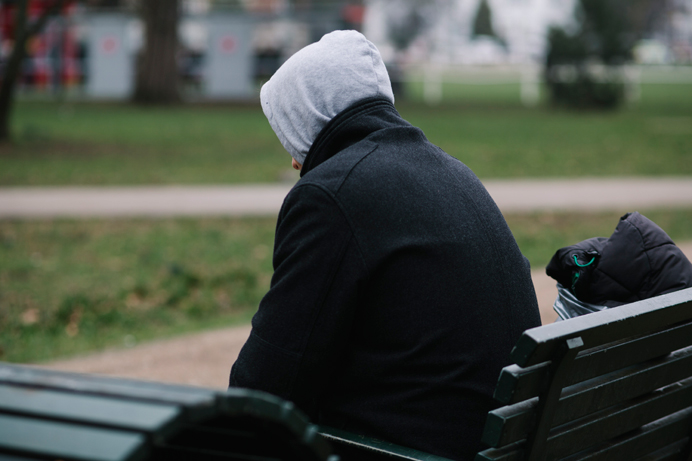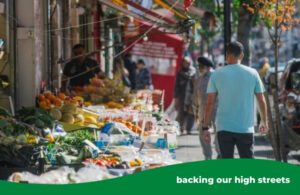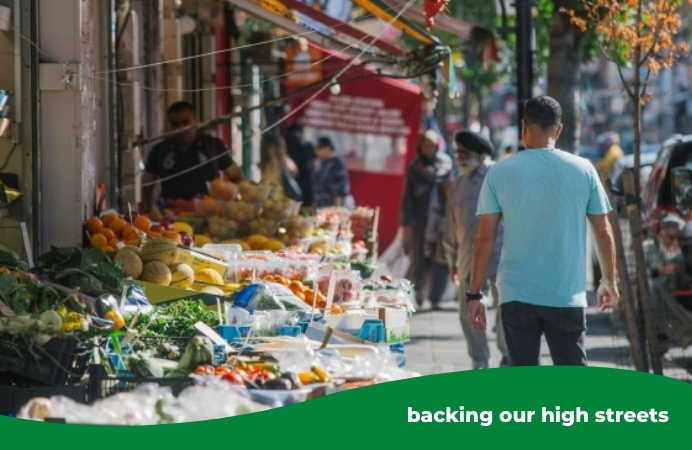Ealing Council has welcomed the government’s commitment to suspend evictions but warns that additional measures must be swiftly implemented to tackle housing insecurity to avoid homelessness during the coronavirus emergency.
On Wednesday (18 March) the government announced that no renter in social or private accommodation will be forced out of their home for at least a three-month period. While this is a positive step, more must be done to support those currently without a home and to avoid a spike in homelessness resulting from the pandemic’s economic impact.
The capital faces both the highest number of coronavirus cases and the worst homelessness crisis in the country, accounting for two-thirds of all homelessness in England. In Ealing, more than 2,000 households live in temporary accommodation.
The council is concerned that potential job losses and drops in income mean many local people will build up unsustainable rent arrears, which could lead to a rapid rise in homelessness once the temporary ban on evictions is lifted.
It has also highlighted the difficulty rough sleepers and others without a permanent home face in following self-isolation guidance, with a severe shortage of facilities and accommodation in the capital.
While Ealing is taking local action to support its residents as best it can, including organising volunteers and assistance for those in self-isolation and finding safe places for rough sleepers to stay, it is calling for ministers to:
- Provide a rent guarantee for all residents losing jobs and income due to Covid-19, which enables rent to be paid to councils and housing associations
- Raise local housing allowance entitlements to help the 200,000 housing benefit claimants living in London’s private rented sector maintain their tenancies
- Remove the five-week wait for new claimants to start receiving Universal Credit. This could be achieved by replacing ‘advance payments’ to claimants (effectively, repayable loans that may contribute to claimants’ debt problems) with a non-repayable grant
- Increase council budgets for local welfare assistance and discretionary housing payments to boost crisis support for Londoners facing financial hardship
- Deliver further resources to deal with coronavirus among rough sleepers.
Councillor Peter Mason, Ealing Council’s lead member for housing, planning and transformation said: “This emergency requires a bold and decisive response. We are working flat out to help our residents, including the homeless, but we need further action at a national level.
“Although the government’s commitment to ending evictions is a good first step, much more needs to be done to address London’s chronic housing insecurity. We are concerned that a temporary eviction ban may simply store up pressures that later lead to a spike in homelessness, unless the welfare system is used to stabilise household finances and deliver immediate support for those struggling with housing costs.
“High rates of rough sleeping in the capital also risk undermining the local public health response to coronavirus. Whilst we are already identifying ways to ensure rough sleepers and others have places to self-isolate, these will only be temporary measures unless more resources are identified.”





